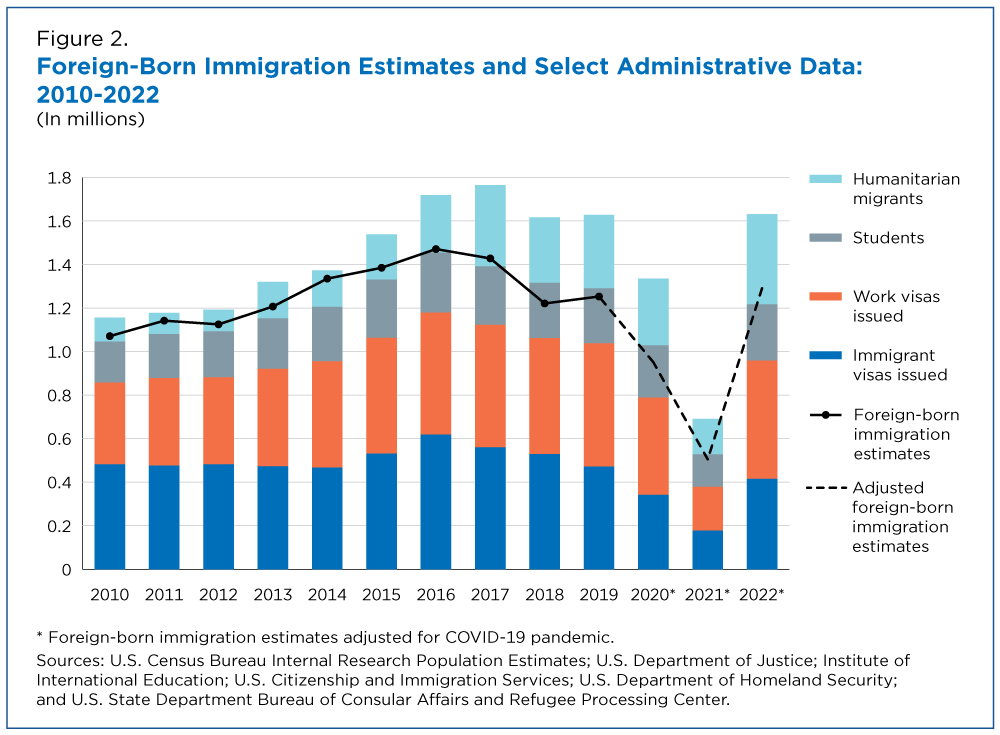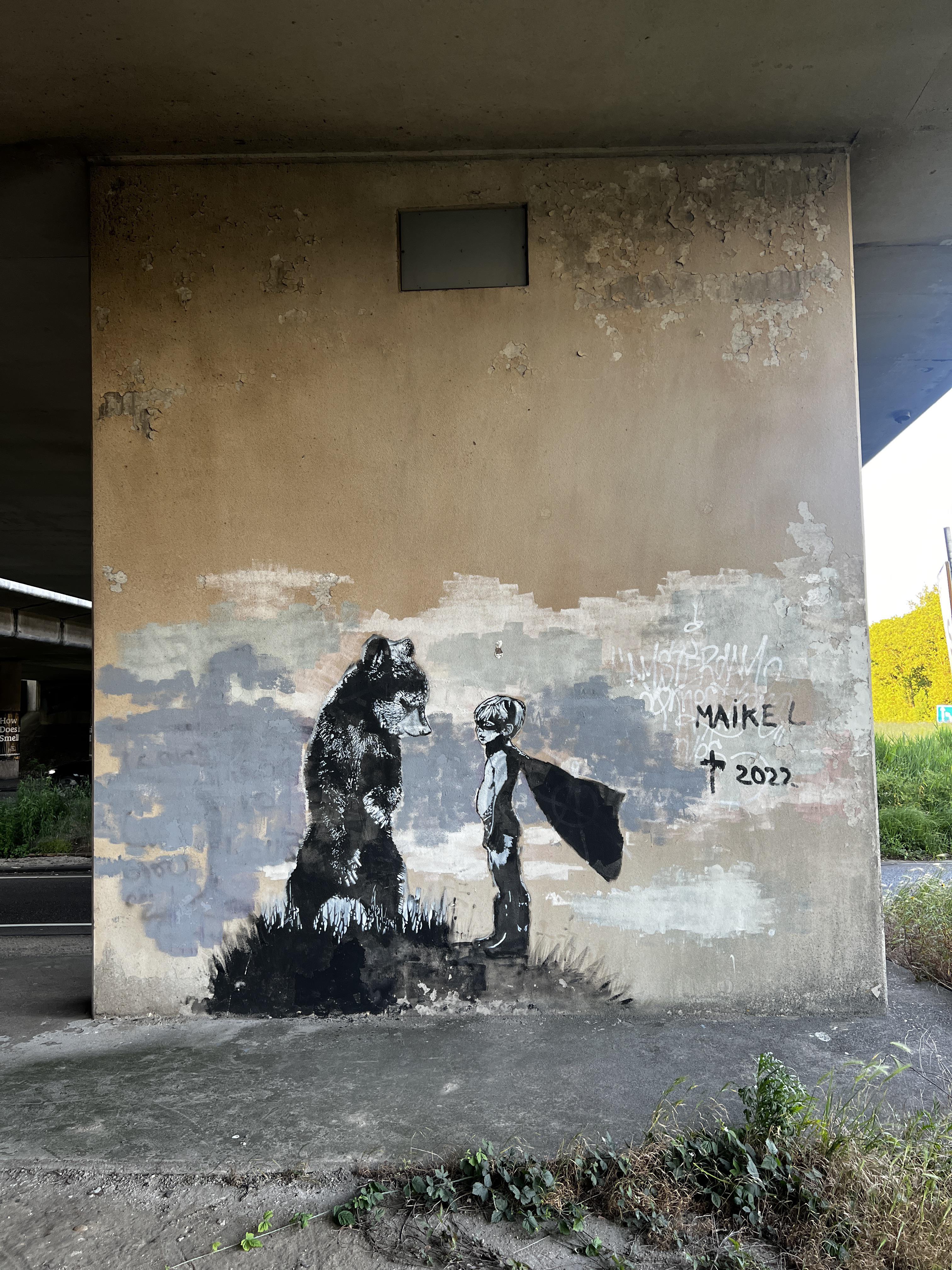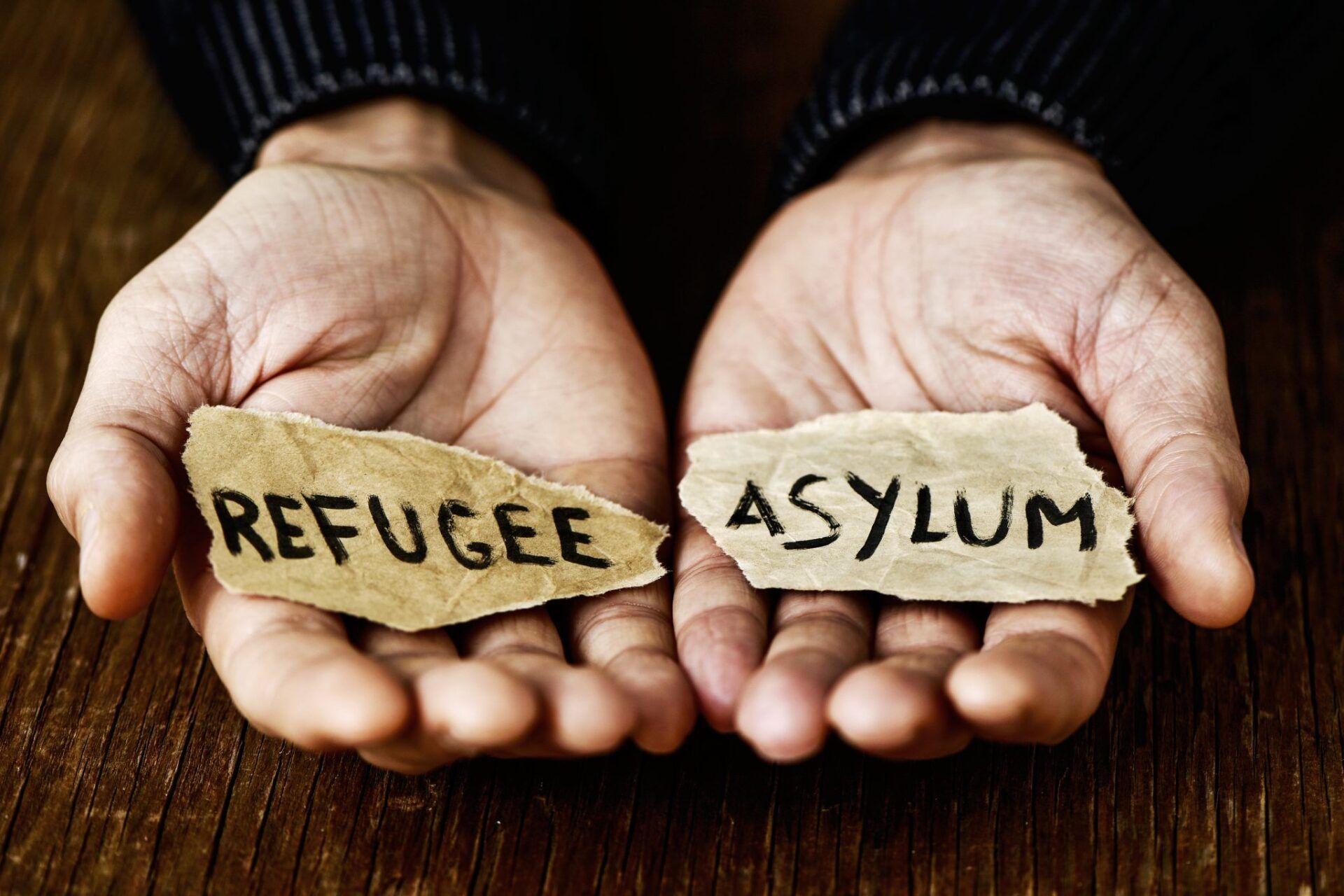Extended Border Checks In The Netherlands: A Response To Shifting Migration Trends

Table of Contents
The Rise in Migration and its Impact
The Netherlands, like many European nations, has experienced a significant rise in migration in recent years. This increase is a complex phenomenon driven by a multitude of factors, including conflict, economic hardship, and climate change. Understanding these driving forces is crucial to comprehending the government's decision to implement extended border checks.
-
Statistical Data on Migration Numbers: Data from the Dutch Central Bureau of Statistics (CBS) shows a marked increase in asylum applications and immigration from various countries, particularly those experiencing political instability or economic downturn. [Insert relevant statistics and link to CBS data]. This influx has placed considerable strain on existing resources.
-
Analysis of Migrant Profiles: The profiles of migrants arriving in the Netherlands are diverse. While some are seeking asylum due to persecution or war, others are driven by economic opportunities or family reunification. Understanding these varied profiles is key to developing effective integration policies. [Include data on age demographics, countries of origin, etc. Cite sources].
-
Strain on Infrastructure and Social Services: The increased migration has placed a considerable strain on the Netherlands' infrastructure and social services, including housing, healthcare, and education. This increased demand necessitates careful planning and resource allocation to ensure adequate provision for both existing residents and new arrivals.
Security Concerns and the Justification for Extended Border Checks
The Dutch government has cited security concerns as a primary justification for implementing extended border checks. These concerns encompass a range of threats, from potential terrorist activities to the management of asylum applications and organized crime.
-
Specific Security Threats: While the Netherlands enjoys a generally high level of security, the threat of terrorism and transnational organized crime remains a concern. Extended border checks are viewed as a tool to enhance surveillance and detect potential threats. [Provide examples, if available, while maintaining sensitivity and avoiding inflammatory language].
-
EU Regulations and International Obligations: The implementation of extended border checks must align with EU regulations concerning freedom of movement within the Schengen Area and international obligations regarding the treatment of asylum seekers. Striking a balance between security and adherence to these regulations is a key challenge.
-
Incidents Contributing to Increased Checks: [Mention any specific incidents, without sensationalizing, that might have contributed to the government's decision to strengthen border controls. Source all claims meticulously].
The Implementation of Extended Border Checks
The implementation of extended border checks involves a range of measures, including increased personnel, deployment of advanced technology, and changes to border crossing procedures. These changes directly impact the experience of travelers entering the Netherlands.
-
Specific Border Control Measures: This includes increased deployment of border guards, use of advanced screening technologies (e.g., biometric scanners), and more rigorous questioning of individuals entering the country.
-
Locations of Extended Border Checks: Extended checks are implemented at various points of entry, including major airports (Schiphol), seaports, and land borders. [Specify locations if possible].
-
Impact on Travel Time and Delays: The implementation of these measures has resulted in increased waiting times for travelers at border crossings. This delay can cause inconvenience for both Dutch citizens and international visitors.
The Impact of Extended Border Checks on Various Stakeholders
The extended border checks have far-reaching consequences for various stakeholders, including Dutch citizens, migrants, and businesses.
-
Impact on Dutch Citizens: Extended checks may lead to longer travel times, potentially impacting the daily lives of Dutch citizens who frequently cross borders for work or leisure. The economic implications, including potential effects on cross-border trade, also need consideration.
-
Impact on Migrants and Asylum Seekers: Increased waiting times at border crossings can create significant hardships for migrants and asylum seekers, potentially delaying their access to essential services and support. The psychological impact of prolonged delays should also be considered.
-
Impact on Businesses: Businesses engaged in cross-border trade and tourism may experience disruptions due to delays and increased logistical challenges. The overall economic impact requires in-depth analysis.
Future Implications and Potential Adjustments
The long-term sustainability and effectiveness of extended border checks require careful evaluation and potential adjustments to immigration policies.
-
Sustainability of Extended Border Checks: The long-term financial and logistical implications of maintaining extended border checks need careful consideration. Are they a sustainable solution in the long run?
-
Potential Adjustments to Immigration Policies: The government may need to review and potentially adjust its immigration policies to address the root causes of migration and improve integration efforts.
-
Alternative Strategies to Managing Migration Flows: Exploring alternative strategies, such as improved cooperation with source countries, enhancing integration programs, and strengthening partnerships with international organizations, is crucial.
Conclusion
The implementation of extended border checks in the Netherlands represents a significant response to evolving migration trends. While addressing legitimate security concerns, these checks also present challenges for various stakeholders. A balanced approach is crucial, one that prioritizes both security and the humane treatment of migrants, while minimizing negative impacts on the Dutch economy and society. Further analysis and ongoing evaluation of the effectiveness and consequences of these extended border checks in the Netherlands are necessary to ensure a sustainable and equitable solution for the future. Stay informed about ongoing developments concerning Netherlands border control policies and continue the discussion on finding a lasting solution to address the complex issue of migration.

Featured Posts
-
 Mtv Unplugged Full Streaming List Of 100 Episodes
May 12, 2025
Mtv Unplugged Full Streaming List Of 100 Episodes
May 12, 2025 -
 Kya Tam Krwz Ksy Kw Dyt Kr Rhe Hyn Hal Hy Myn Kwn
May 12, 2025
Kya Tam Krwz Ksy Kw Dyt Kr Rhe Hyn Hal Hy Myn Kwn
May 12, 2025 -
 Amsterdam Cafe Unveils Kings Day Mural Honoring Marjolein Fabers Ribbon Gate
May 12, 2025
Amsterdam Cafe Unveils Kings Day Mural Honoring Marjolein Fabers Ribbon Gate
May 12, 2025 -
 Asylum Seeker Claims Exemption From Inspectorate Opinion On Laws
May 12, 2025
Asylum Seeker Claims Exemption From Inspectorate Opinion On Laws
May 12, 2025 -
 Ormsperma Jessica Simpsons Foerklaring
May 12, 2025
Ormsperma Jessica Simpsons Foerklaring
May 12, 2025
